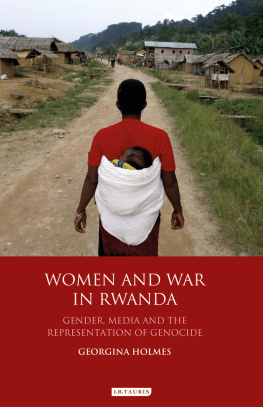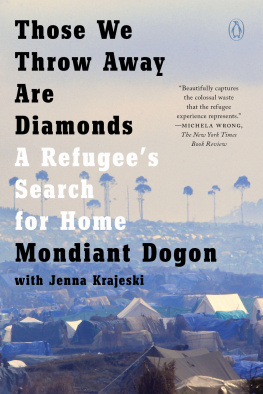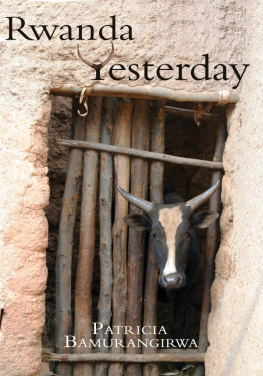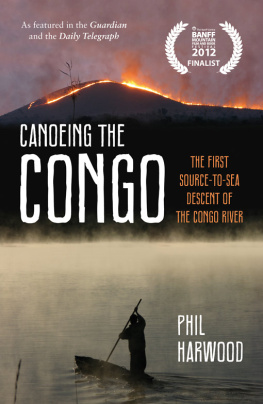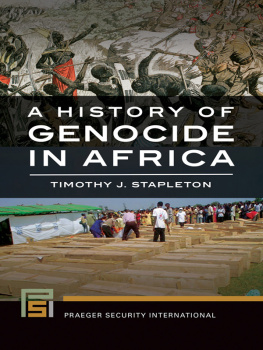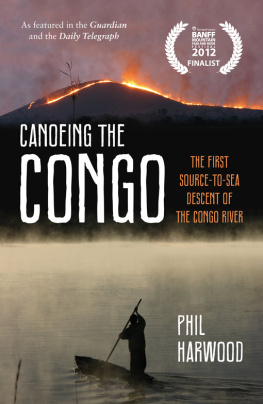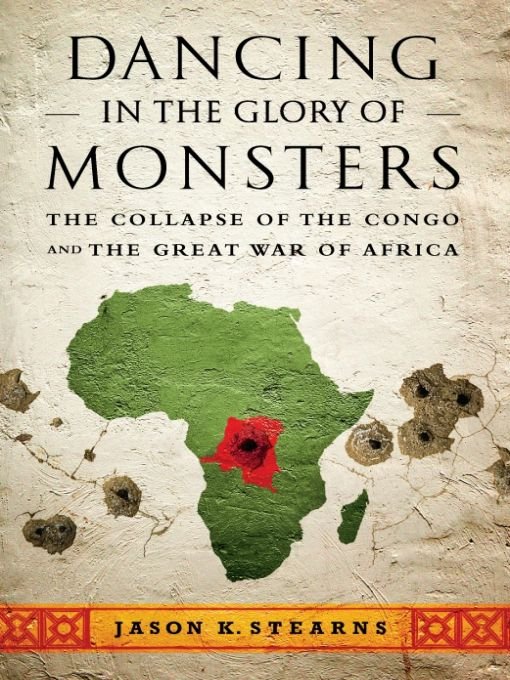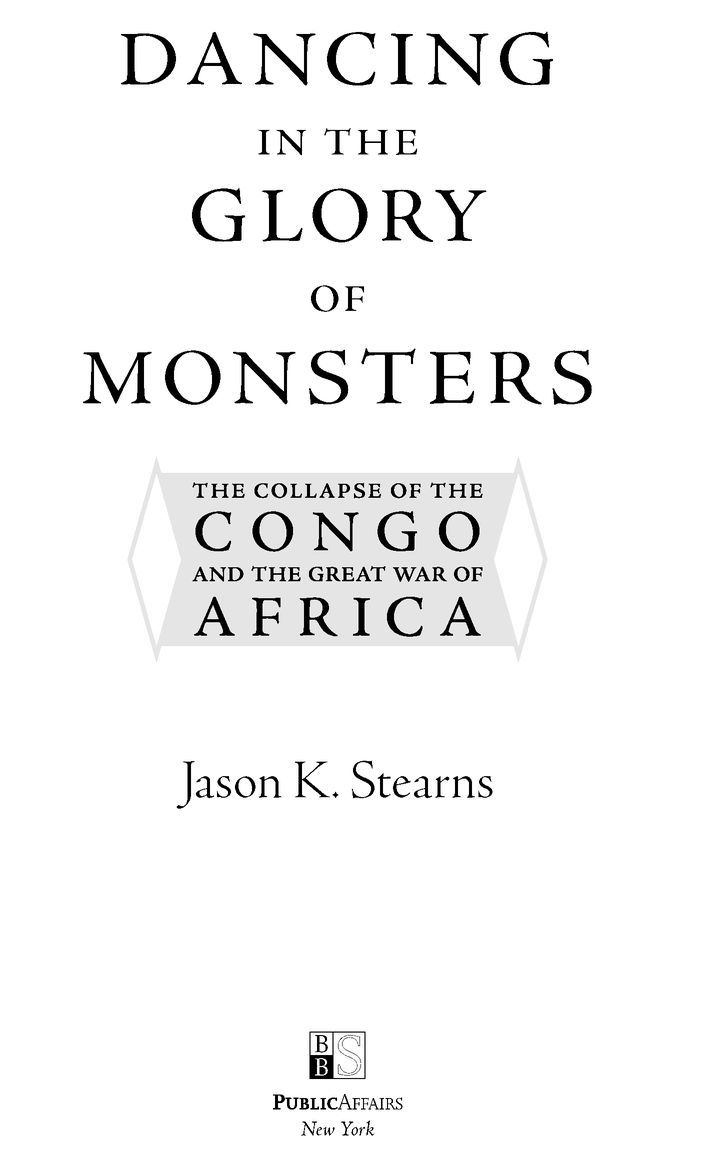Table of Contents
For Lusungu
Acknowledgments
My thanks go to the many Congolese, Rwandans, Burundians, and Ugandans who helped me write this book and whose names appear in these pages. They were generous enough to sit with me for many hours and explain their experiences. Others I could not name so as not to get them in troubleyou know who you are, asanteni.
I owe a special debt to Kizito Mushizi, Raphael Wakenge, Christian Mukosa, and their families, whose warm support since I first arrived in Bukavu made me appreciate the complexities and beauty of their country. I am also grateful for the help provided by Remy Ngabo, Gandy Rugemintore, Balzac Buzera, Pascal Kambale, Willy Nindorera, Noel Atama, Adelar Mivumba, James Habyarimana, Soraya Aziz, Tshivu Ntite, Thomas Ntiratimana, Mvemba Dizolele, Thomas Luhaka, and Michel Losembe in understanding the shifting sands of Congolese politics and in opening doors for me.
My research relied heavily on the hospitality of friends and strangers. To several generations of dedicated journalists in Kinshasa, thanks for the couch, the conspiracies, and insider adviceespecially the Reuters crew of Dinesh Mahtani, David Lewis and Joe Bavier, but also Franz Wild, Arnaud Zajtman, Thomas Fessy, and Michael Kavanagh. James Astill and Marcos Lorenzana were important companions through the early stages of the book, and Wim Verbeken, Eddie Kariisa, and Jean-Jacques Simon provided wonderful hospitality. Federico Borello, Louazna Khalouta, Matt Green, Djo Munga, and Johan Peleman were also often on hand to help me out with support and expert advice.
Great Lakes politics is a minefield of stereotypes and misinformation. I was fortunate to have experienced scholars and researchers to help me navigate, including David and Catharine Newbury, Herbert Weiss, Peter Rosenblum, Anneke van Woudenberg, and Ida Sawyer. My friends Serge Maheshe and Alison Des Forges saw me begin this project and encouraged me along, but, sadly, neither could see it finished. They will be sorely missed.
This was my first experience of writing and publishing a book. Many people helped me through the process. Thanks to my parents, my wife, and my brother for so patiently reading the various drafts and providing comments. Michela Wrong believed in this project from the beginning and provided moral and literary support, as did my agent, Robert Guinsler, and editor, Clive Priddle.
This book benefited from the support of the Rockefeller Foundation, whose generous fellowship allowed me to enjoy peace and quiet at the Bellagio Center for a month so I could make sense of my notes.
Acronyms
| ADF | Allied Democratic Forces (Uganda) |
| ADM | Allied Democratic Movement (Uganda) |
| AFDL | Alliance of Democratic Forces for the Liberation of Congo- Zaire |
| AIDS | Acquired Immune Deficiency Syndrome |
| BBC | British Broadcasting Corporation |
| CIA | Central Intelligence Agency |
| COMIEX | Mixed Import-Export Company |
| COPACO | Collective of Congolese Patriots |
| DRC | Democratic Republic of the Congo |
| FAR | Rwandan Armed Forces |
| FAZ | Zairian Armed Forces |
| FDD | Forces for the Defense of Democracy (Burundi) |
| FDLR | Democratic Forces for the Liberation of Rwanda |
| FLEC | Front for the Liberation of the Enclave of Cabinda (Angola) |
| FNI | National and Integrationist Front (Congo) |
| FNL | National Liberation Forces (Burundi) |
| FRPI | Patriotic Resistance Forces of Ituri (Congo) |
| ICHEC | Catholic Institute of Higher Commercial Studies |
| IRC | International Rescue Committee |
| LRA | Lords Resistance Army (Uganda) |
| MLC | Movement for the Liberation of the Congo |
| MPR | Popular Revolutionary Movement |
| MRC | Congolese Revolutionary Movement |
| NALU | National Army for the Liberation of Uganda |
| NATO | North Atlantic Treaty Organization |
| NGO | Non-Governmental Organization |
| NRM | National Resistance Movement (Uganda) |
| OECD | Organization for Economic Co-operation and Development |
| OSLEG | Operation Sovereign Legitimacy |
| RCD | Congolese Rally for Democracy |
| RCD-N | Congolese Rally for Democracy-National |
| RPA | Rwandan Patriotic Army (the armed wing of the RPF) |
| RPF | Rwandan Patriotic Front |
| SADC | South African Development Community |
| UMLA | Uganda Muslim Liberation Army |
| UNESCO | United Nations Educational, Scientific, and Cultural Organization |
| UNHCR | United Nations High Commissioner for Refugees |
| UNITA | National Union for the Total Independence of Angola |
| UNOSOM | United Nations Operation in Somalia |
| UPC | Union of Congolese Patriots (Congo) |
| UPDF | Uganda Peoples Defense Force |
| WNBLF | West Nile Bank Liberation Front (Uganda) |
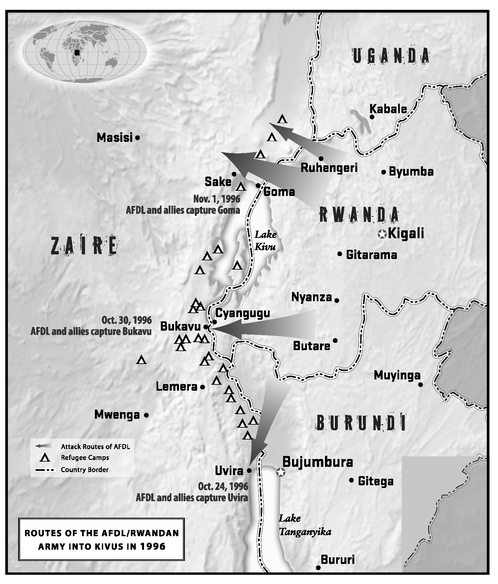
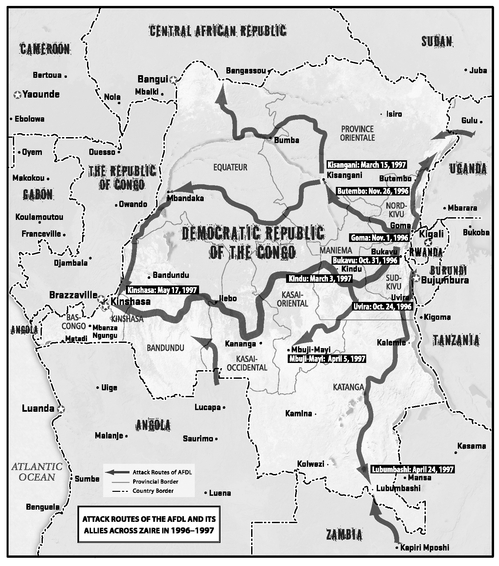
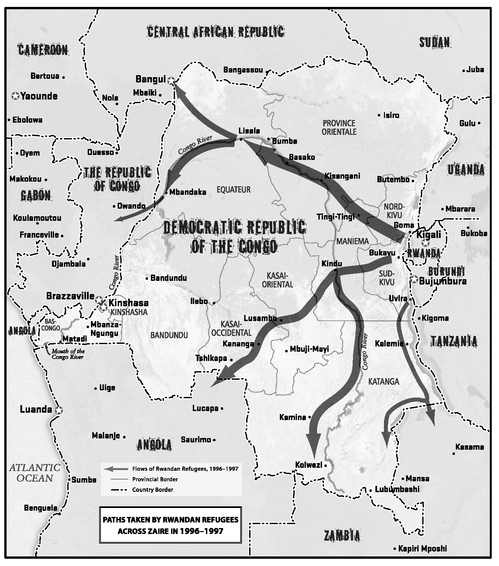
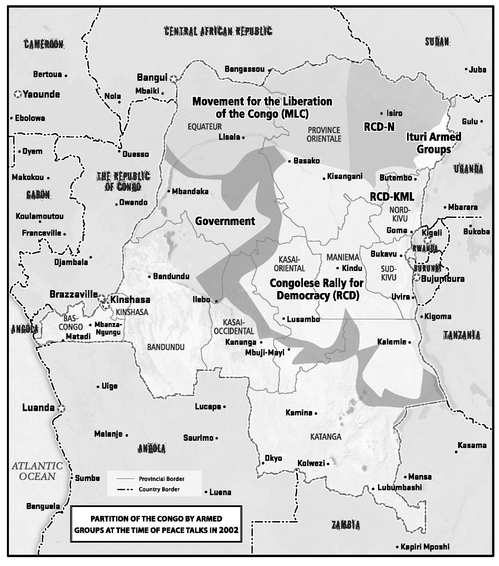
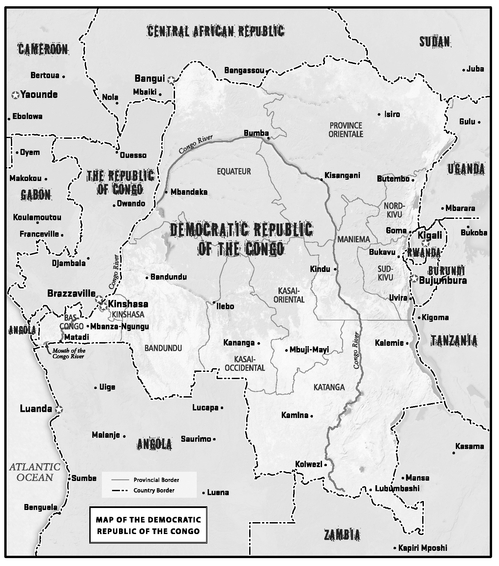
Introduction
Understanding the Violence
Power is Eaten Whole.
CONGOLESE SAYING
This is how it usually worked: I would call up one of the people whose names I had written down in my notebook, and Id tell him I was writing a book on the war in the Congo and that I wanted to hear his story. Most people like to talk about their lives, and almost everybodyCongolese ministers, army commanders, former child soldiers, diplomatsaccepted. We would typically meet in a public place, as they wouldnt feel comfortable talking about sensitive matters in their offices or homes, and they would size me up: a thirty-year-old white American. Many asked me, Why are you writing this book? When I told them that I wanted to understand the roots of the violence that has engulfed the country since 1996, they often replied with a question, Who are you to understand what I am telling you?
The look of bemusement would frequently appear in the eyes of interviewees. An army commander spent most of our meeting asking me what


